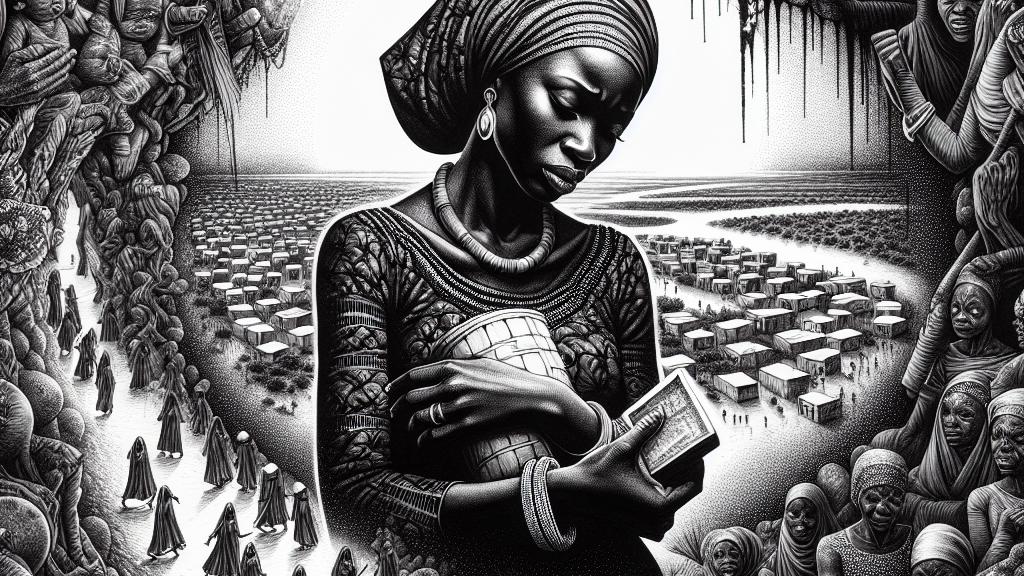Inside Nigeria's Disturbing Miracle Pregnancy Scam
Overview
- A nightmarish scam exploits women’s desperate longing for children.
- Victims endure risky, invasive treatments cloaked in false hope.
- Local officials are resolutely committed to breaking this cycle of exploitation.

The Heart of the Scandal
In Nigeria, especially within the vibrant and diverse landscape of Anambra state, a heart-wrenching issue is unfolding. Take Chioma, for instance—she battled infertility for eight long years, *never* losing the glimmer of hope that one day, she might become a mother. However, feeling the crushing weight of societal expectations led her to seek out dubious promises of miracle pregnancies. This scenario is painfully familiar for many women, who, under relentless pressure, feel compelled to chase after a dream that often feels increasingly out of reach. In these moments of vulnerability, they become easy targets for fraudsters eager to exploit their deepest desires. The tragic irony is that while seeking happiness, they often find themselves entangled in a deceitful web that threatens to shatter their realities.
How the Scam Operates
So, how exactly does this sinister scam draw in its victims? Imagine this: fraudsters disguised as medical professionals, wielding empty promises and fabricated treatments. They offer something that sounds miraculous, assuring women that they will become pregnant despite no tangible evidence of it. For hundreds of dollars, these unsuspecting prospective mothers undergo invasive procedures involving unknown substances designed to mimic pregnancy symptoms. The result? Confusion and desperation amplify as the victims are led to believe they are indeed expecting. The most shocking moment comes when it is time for 'delivery.' Many women report waking up in a disorienting haze, *astonished* to find a baby in their arms, falsely believing they have just given birth. These scammers perpetuate a cycle of trauma, leaving behind not just physical scars but emotional ones that can last a lifetime.
Efforts to Combat the Scam
Yet, amidst this dark landscape, there shines a beacon of hope. Local authorities like Ify Obinabo are leading a determined charge against these horrific scams, passionately advocating for the protection of vulnerable women. Their efforts are pivotal—not just to unmask individual fraudsters, but to shift the public perception surrounding fertility and motherhood. Investigative pieces from BBC Africa Eye reveal a harrowing tapestry of individual experiences intertwined with larger systemic issues. It’s crucial to note that while cryptic pregnancies—a condition where a woman is unaware she is pregnant—do exist, the prevalence of these scams overshadows genuine cases, causing further confusion. By raising awareness and fostering community support, society can create an environment where women can share their experiences openly, without fear of judgment. Together, through education and vigilance, we can empower women and dismantle these deceptive practices, ensuring that every woman’s journey to motherhood remains one filled with hope, joy, and authenticity.

Loading...